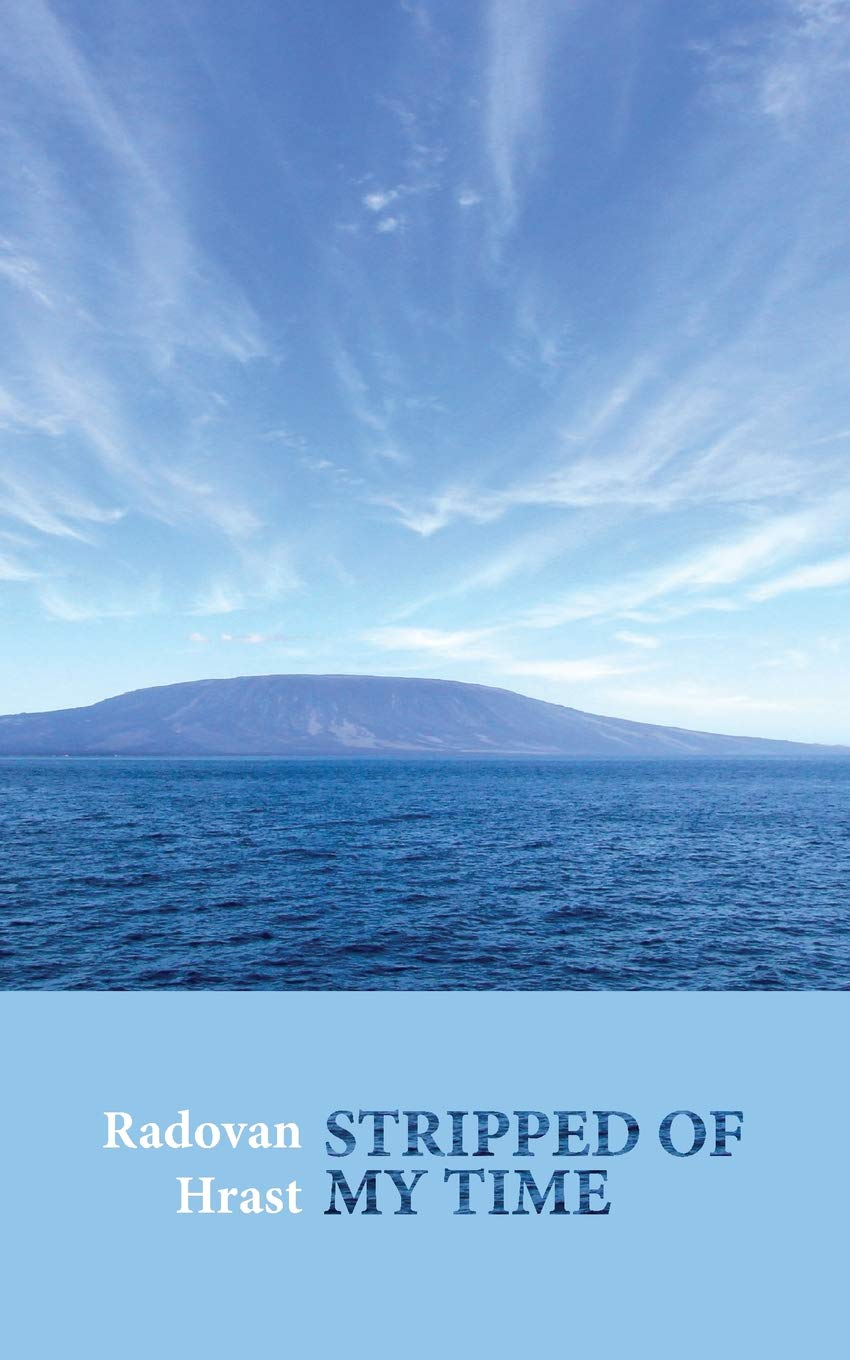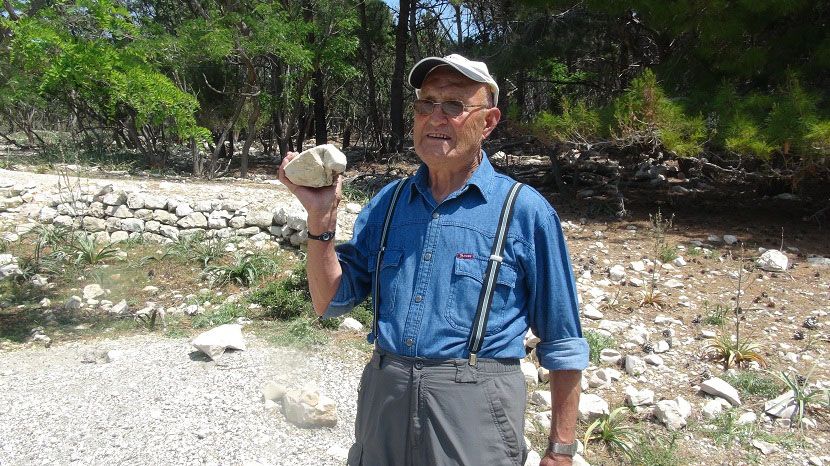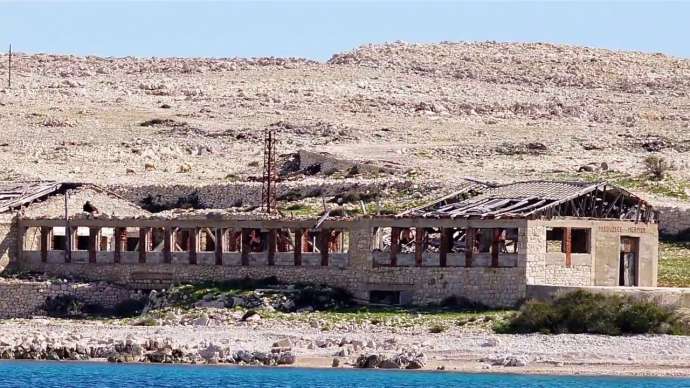The human capacity to do harm, both mental and physical, to fellow humans boggles the mind. This has manifested itself in innumerable forms over the millennia, from the cliché of the pre-modern world of overt corporeal punishment as a deterrent to onlookers (who found it more entertaining spectacle then rationale not to commit punishable offenses) to the Enlightenment and 19th century shift to a psychological preventative (and one might say brainwashing approach) to deterring crime. There is no other animal we know of who willfully, proactively, and strategically tries to torture its fellow species, or mess with their minds in a form of psychological torture. We humans are special, and not only in positive respects.
The chapter of human penal history dealt with in this book is very little known in Anglophone circles, and only superficially known in former Yugoslavia ones. Yugoslavs will have heard of the infamous prison island called “Bald Island,” Goli Otok (pronounced “goalie oh tok”) but few know more than a sentence or two of explanation. And yet it was a very important location in the history of surveillance, secret policing and intelligence gathering, and was a key for Tito and his Yugoslavia, as a looming threat to keep dissenters, which in this case meant potential pro-Stalinists, in line. Tito has long been considered by Western history students as a “good socialist” (with the implication that socialists and communists were, as a group, “bad”). He was certainly a political genius, able to single-handedly hold together, even if by the grip of his fingernails, the many diverse and combative republics of former Yugoslavia. He knew that as soon as he died or relinquished power to completely, Yugoslavia would implode. By his sheer will, strength and charisma he was able to hold it together. Indeed, Yugoslavia did erupt into a horrid civil war, replete with ethnic cleansing, shortly after he passed. But Tito was also possessed of a dark side, for all the impressive and laudable things that he did. Some historians have argued that his level of iron-fistedness was as little as he could get away with, while still maintaining power and authority. There may be something to this. He was not a sociopath, making him a very different creature from Stalin and Hitler. But he did imprison and kill his own people, and he did resort to inhumane methods, though within the context of world leaders he was among the most humane and worked the hardest for the collective good of this people. The same cannot be said for so many of his comparable protagonists.

His darkest blot is surely Goli Otok, and this book is the definitive insider account of what life, if you can call it that, was like on the “Yugoslav Gulag.”
The author of a memoir, Stripped of My Time: A Survivor of the Communist Prison on Goli Otok, Radovan Hrast, contacted me in a most unusual way. He showed up at my front door, out of the blue, at the age of 85, after having read an article about me in some newspaper or other. As the only American writer and historian living as an expat in Slovenia, he saw in me someone who might help him give voice in an anglophone outlet to his story. His memoir was originally published decades ago in Slovenian, at first in a thick edition, and later in a more slender one. It is this more slender edition that you hold in your hands now, translated for the first time into English.
Radovan is a ray of sunshine. This is the first thought that strikes just about anyone who meets him. He is also now nearly 90, and the combination of being so peppy, bubbly and enthusiastic, cut with his advanced age, makes me want to know what is in his secret sauce. He is a man of great emotion and loyalty and deep thought, though set against his background, which he repeatedly describes as a life “without schooling.” What his prose may lack in grammatical consistencies and grace notes, it more than makes up for in honesty, detail, a razor-sharp memory and one heck of a story. Radovan’s main claim to fame is that he survived internment, twice, on Goli Otok.

Radovan Hrast
Located just off the Dalmatian coast, Goli Otok was considered the harshest prison environment for Yugoslavs who were not toeing the line. It was almost exclusively for citizens who got into trouble (military officials, politicians, foreigners and women were imprisoned elsewhere). It was home to a bizarre but calculated series of rituals designed to make the fellow prisoners act as jailers, torturers and intimidator for their fellow inmates. There, prisoners were given no time to rest, no time to think, and were forced to attack one another on a daily basis, which had the effect of preventing possible bonding and conspiratorial attempts to escape. Radovan was one of the first inmates there, sent for a trifle while still a teenager. When he got out, he was double-crossed and sent back. Those sent for a second time were subject to an increasingly brutal regime, and it is a small miracle that Radovan survived. It is a giant miracle that he flourished and lived out the rest of his life as a happy, fulfilled person unaccompanied by what would be understand rage and the urge for vengeance.
This book should surely take its place on the shelves of every history library and make the reading list for all students of 20th century history and political science, especially those who deal with Yugoslavia and the aftermath of the Second World War. One would think that a man who lost years of his life unjustly would be bitter and vengeful and bear a broken spirit. Nothing of the sort. He is the most enthusiastic, kind and effervescent octogenarian one could imagine. I was delighted to guide him through the process of publishing his book, which I was certain that any good history press would snap up immediately. But because of his advanced age, understandably was wary about waiting the months to more than a year that it would take to shop for a press based on a book proposal, wait for acceptance, then work the many drafts with editor. Radovan does not know how to use a computer and has, of course, no email, so the logistics of dealing with a formal publisher were impossible. In the interests of time, I set him up with a great translator, a great designer and helped him to self-publish. His only goal is to make his story available as widely as possible. And now, here it is. We are grateful for the chance to preserve this story of horror and ultimate triumph of the human spirit.
Buy Stripped of My Time: A Survivor of the Communist Prison on Goli Otokon Amazon







